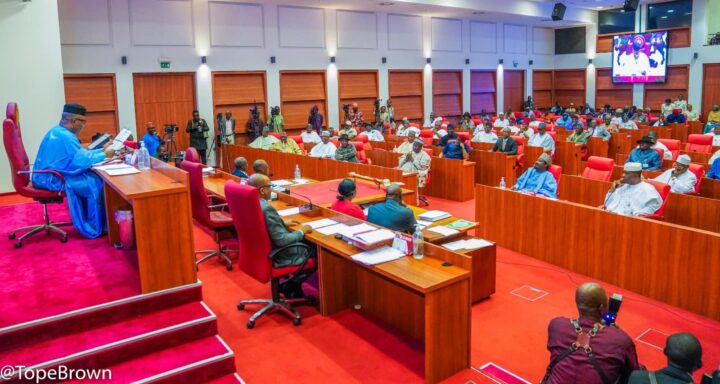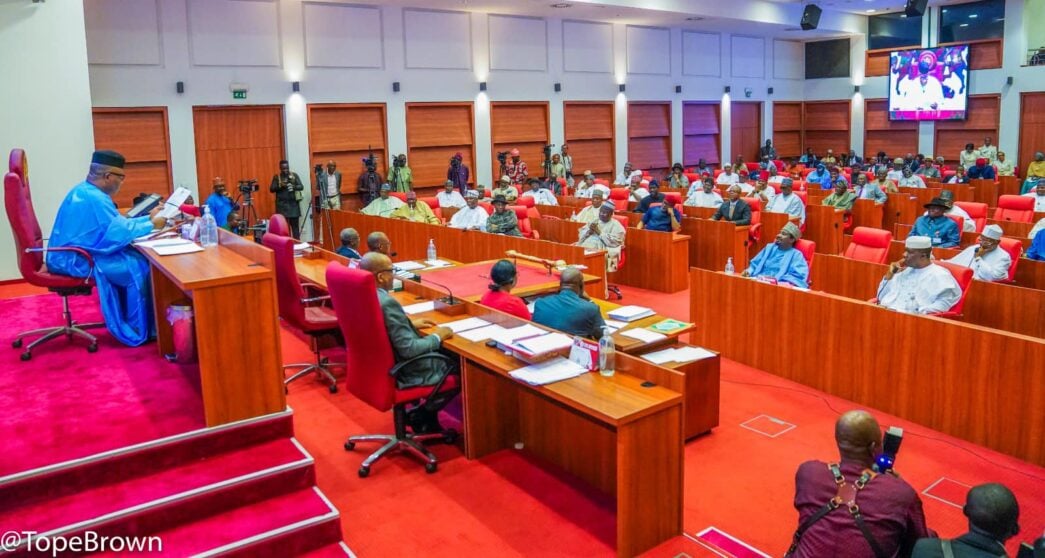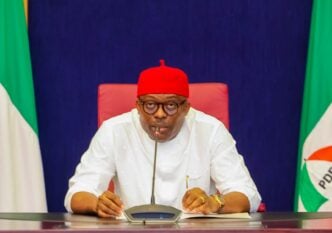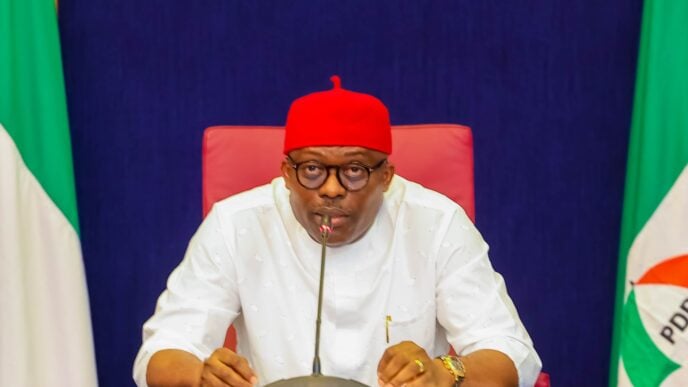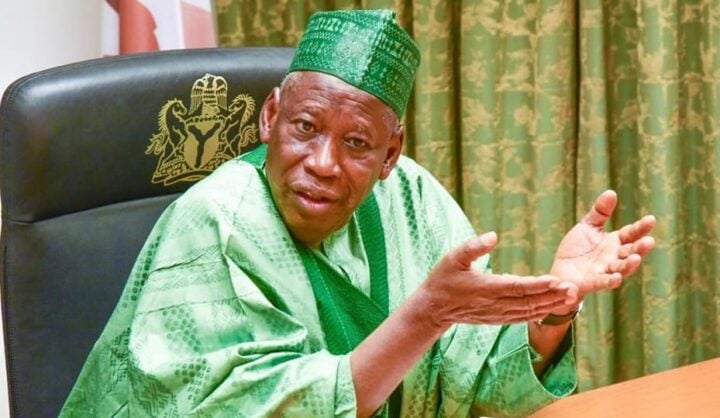The senate has stepped down the Electoral Act (repeal and amendment) bill, 2025, after extensive debate on its general principles to allow for broader consultation and deeper scrutiny of its provisions.
The proposed legislation seeks to repeal the Electoral Act 2022 and enact a new law that will provide a stronger, more credible, and more inclusive electoral framework for Nigeria.
Part of the features of the proposed law are innovations such as digital registers of results, QR-coded voter identification cards, and stricter timelines for party primaries and result transmission.
‘2023 ELECTIONS EXPOSED WEAKNESSES IN CURRENT LAW’
Advertisement
Leading the debate on the bill, Simon Lalong, chairman of the senate committee on the Independent National Electoral Commission (INEC), said the 2023 general election had tested Nigeria’s democracy in profound ways.
Lalong said while the Electoral Act 2022 introduced landmark reforms, it also exposed weaknesses such as delayed release of election funds, disputes over voter registers, conflicting interpretations of result transmission, and weak enforcement of electoral offences.
“The key objectives of this legislation are to ensure transparency, efficiency, and integrity in our electoral system, guarantee free and fair competition among political parties, and restore public confidence in elections,” he said.
Advertisement
“Nigerians expect us to respond not with patchwork corrections, but with a holistic law that strengthens INEC’s independence and rebuilds trust in the process.”
Lalong said the proposed legislation would strengthen INEC’s independence by insulating it from political interference and government control.
He added that the bill mandates early release of election funds, continuous voter registration (CVR), and the use of technology to enhance transparency in result management.
LAWMAKERS RAISE CONCERNS OVER BILL’S AVAILABILITY
Advertisement
However, Emmanuel Udende, senator representing Benue north-east, raised concerns that copies of the bill had not been made available to lawmakers for detailed review.
Responding, Jibrin Barau, deputy senate president who presided over the plenary, said the second reading of any bill is meant to address its general principles, while specific clauses would be considered at the committee stage.
Several lawmakers, including Titus Zam from Benue north-west and Binos Yaroe from Adamawa, supported the bill, describing it as timely and critical to electoral reform.
“This is a very ambitious exercise that is aimed at strengthening our electoral system. And so, I support the second reading of the bill as proposed by my dear brother, Senator Simon Lalong. I so submit,” Zam said.
Advertisement
Despite the general support, some senators expressed reservations about certain provisions in the draft law.
AKPABIO CALLS FOR INEC ACCOUNTABILITY, SHORTER CAMPAIGN PERIOD
Advertisement
Senate President Godswill Akpabio, who shared his experience from the 2019 elections, alleged that the wrong officials were punished for electoral misconduct.
Akpabio stressed that any amendment to the Electoral Act must ensure that INEC is held accountable for infractions committed during elections.
Advertisement
He also called for a review of the campaign timetable, noting that prolonged campaign periods undermine governance.
“In a four-year term, government effectiveness suffers when ministers and public officers spend almost a year campaigning,” he said.
Advertisement
The senate president agreed that members needed more clarity on the proposed amendments and suggested a closed session for further briefing.
Akpabio added that although the bill aims to modernise Nigeria’s electoral framework, lawmakers must reach a shared understanding before proceeding to the committee stage.
He then called for a voice vote on a motion to step down the bill pending further consultations.
Opeyemi Bamidele, the senate leader, moved a formal motion to defer further consideration on the bill to another legislative day.
Abba Moro, minority leader, seconded the motion, and it was unanimously adopted by the chamber.
Bamidele said the suspension would allow senators to conduct wider stakeholders’ engagement and ensure the bill reflects the aspirations of Nigerians.
